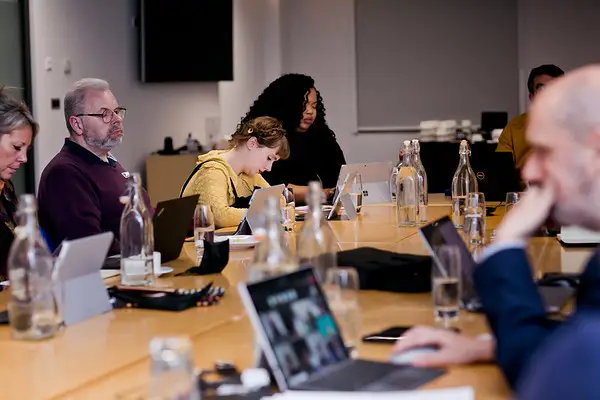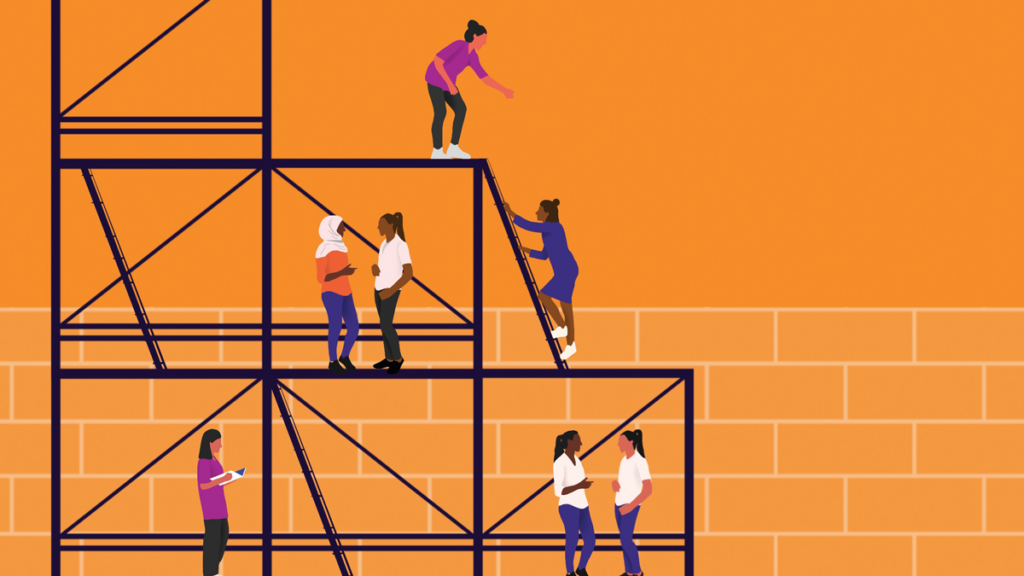By Zoe Vowles, RM, MSc, Clinical Research Midwife at Guys and St Thomas’ NHS FT/Research Assistant at NIHR Applied Research Collaboration South London Maternity and Perinatal Mental Health theme and NIHR Pre-doctoral Clinical Academic Fellow on 28 February 2023 Maternity Services RCM Research Perinatal Mental Health
I first became interested in research after undertaking an MSc in Public Health and doing a piece of qualitative research looking at the effect of becoming a fistula advocate on women with obstetric fistula in Sierra Leone.
From there I became a clinical research midwife at Guy’s and St Thomas’ NHS Foundation Trust. It was a great experience to be part of a team of midwives, MSWs, nurses, research assistants, practitioners and scientists. I was inspired by researchers delivering clinical research in the NHS as part of the NIHR Clinical Research Network, supporting women to participate in a diverse range of studies and clinical trials.
It has been rewarding to see some of these large studies improve care for women with conditions such as hypertension and obstetric cholestasis. I continue to work clinically with the midwifery team providing care for women with medically complex pregnancies. I feel this helps to show how clinical and research are both core to NHS care. I often see women to provide both antenatal care and research care at different points in their pregnancy.
I also work as a midwife researcher in the NIHR Applied Research collaboration for South London: Maternity and Perinatal Mental Health theme. This has given me the opportunity to build on knowledge and skills gained during my MSc. Undertaking qualitative interviews for a study looking at community based continuity of midwifery care for women living in areas of ethnic diversity and social disadvantage. I helped design the survey to capture women’s experiences of local services for families and synthesise evidence as part of a team of researchers working on a systematic review to understand interventions to reduce health inequalities in maternity in high income countries.
I have also learnt a lot about ways to involve and build ongoing relationships with a diverse group of women who use maternity services, including community members and other stakeholders through working alongside the patient and public involvement and engagement lead and more senior researchers in the theme.
I wanted to design my own research focusing on women with multiple long-term health conditions because my experience working clinically made me feel that we need to provide better care for women in this area.
I successfully applied for an NIHR pre-doctoral Clinical Academic Fellowship and I am now developing a doctoral research proposal to explore how different models of midwifery care impact experiences of care for women with multiple long-term conditions.
I learnt that it is ok to reach out to other people working in research and clinical practice. When I started trying to get the skills to design my own research, I worried about reaching out to others, what their response would be. I have been amazed by the positive response and support I have received from other researchers and clinicians, including those in senior positions. My supervisors, mentors and colleagues have all offered encouragement and given me the confidence to begin to develop a clinical academic career as a midwife.
I was able to link with the MuM-PreDiCT collaboration, and be included as a co-investigator, providing a midwifery perspective to research into improving care and outcomes for women with multiple long-term conditions. I have developed new skills and learnt so much about different research methods as part of this UK-wide collaboration, undertaking research to improve care for pregnant women with two or more health conditions.
I would encourage any midwives thinking about research to reach out to people who are doing research you are interested in. It may lead to unexpected opportunities and long-lasting connections.



